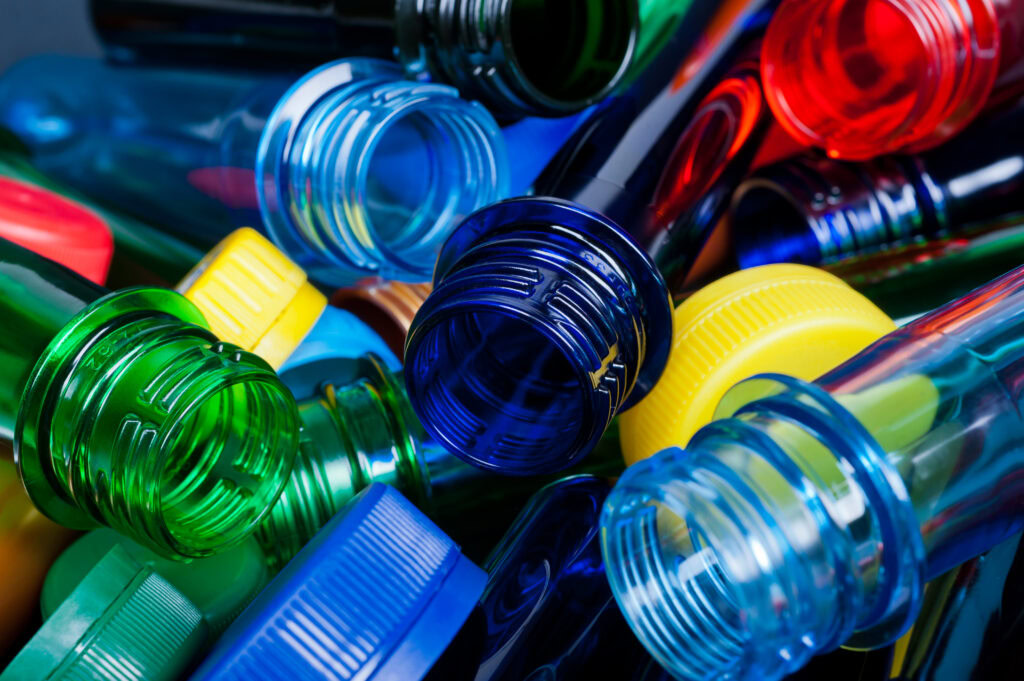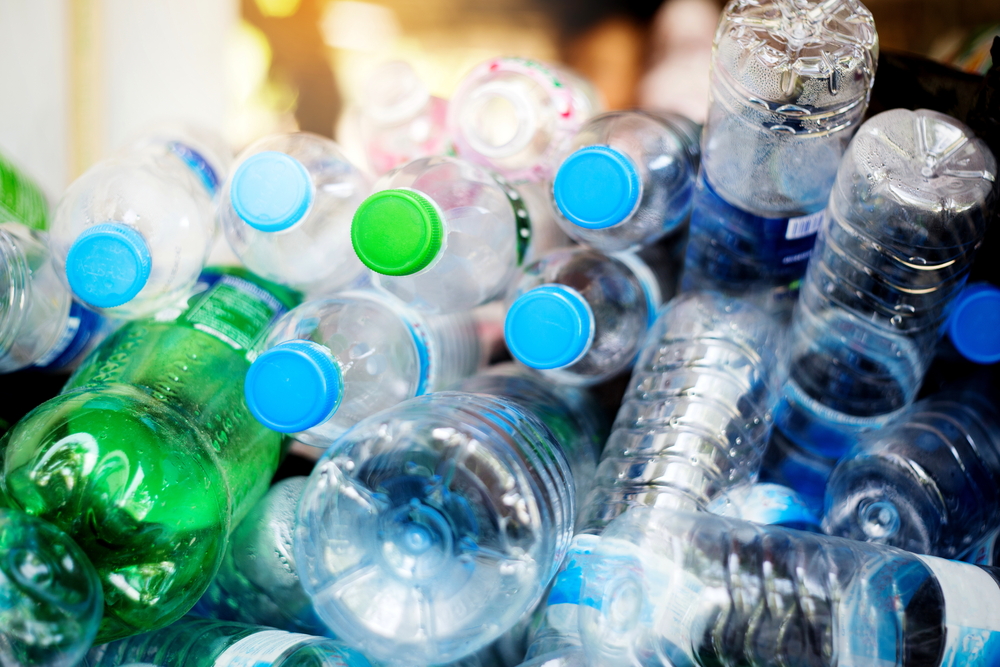WRAP has conducted a survey of 400 UK consumers to evaluate public understanding of biopackaging. The research revealed that the public is confused about the difference between biodegradable and home compostable packaging and how they should dispose of these products.
Packaging made from plant fibres is generally intended for home composting. However, the report explains that if the packaging was not recognised as compostable by consumers, it could lead to serious quantities of biopolymers entering the recycling stream, which could “cause serious problems for the plastics recycling industry.”
With a number of retailers using compostable and biodegradable packaging and many others planning to do so in the future, bioplastics is a “rapidly increasing” market.
At present, bioplastics represent approximately 1% of the market share however when the market share reaches 5-20%, the plastic industry will have to begin investing in technology to separate the polymers from conventional plastics, according to the research.
It also revealed that biopolymers can be separated using near infra red and laser fluorescence technologies but that this would “necessitate a significant investment by reprocessors and waste management companies”.
However without separation, biopolymers can contaminate the recyclate stream even at low levels.
Communication
The research stated that clear labelling and guidelines will be vital in ensuring users of the material are fully informed about how to distinguish it from other polymers and how to dispose of it appropriately at end of life.
The survey also revealed that local authority guidance on packaging has a great deal of public support. It added that a national media campaign of some sort, including billboard posters, TV and radio advertising, would be essential to boost awareness and induce changes in behaviour towards common packaging.
Emily Nicholls, is technical manager of The Composting Association, an organisation which recommends using composting seedling symbol for compostable packaging.
She said it was important to label products clearly and added: “The logo is key because it is easier to see and recognise than just 'compostable' text.”
A home composting symbol and standard is presently being developed (see letsrecycle.com story) by the UK Compostable Packaging Group. The body includes the Environment Agency, The Composting Association WRAP, Novamount and Non Food Crops Centre, will be meeting next week to discuss developments.
Tony Breton, who is market developer of bioplastics manufacturer Novamont, explained that the development of the symbol will help not only consumers but people working in supermarkets. This is because it will be easier to dispose of out-of-date stock packed with bioplastic.
Identification
He added: “The way we stop our bioplastics ending up in plastic recycling is through the whole concept that if a product has a limited application, such as plastic film for fresh food, where there are few recycling options, then the consumer can identify the two things together.
“The customer will then remember that the film can be disposed of in the home composting bin. We also use the composting seedling logo on our products,” he said.
Mr Breton also said that Novamont tries to work with all stages of the production line, from the people who manufacture the film to the retailers who sell it. The company is also discussing with local authorities how to include compostable packaging in food waste collections in the future.
The bioplastics expert added that with the product in the early marketing stages, consumers were eager to learn more. He added that “through coordinated education communication campaign ad retailers, there is great potential for the bio-plastics market.”










Subscribe for free